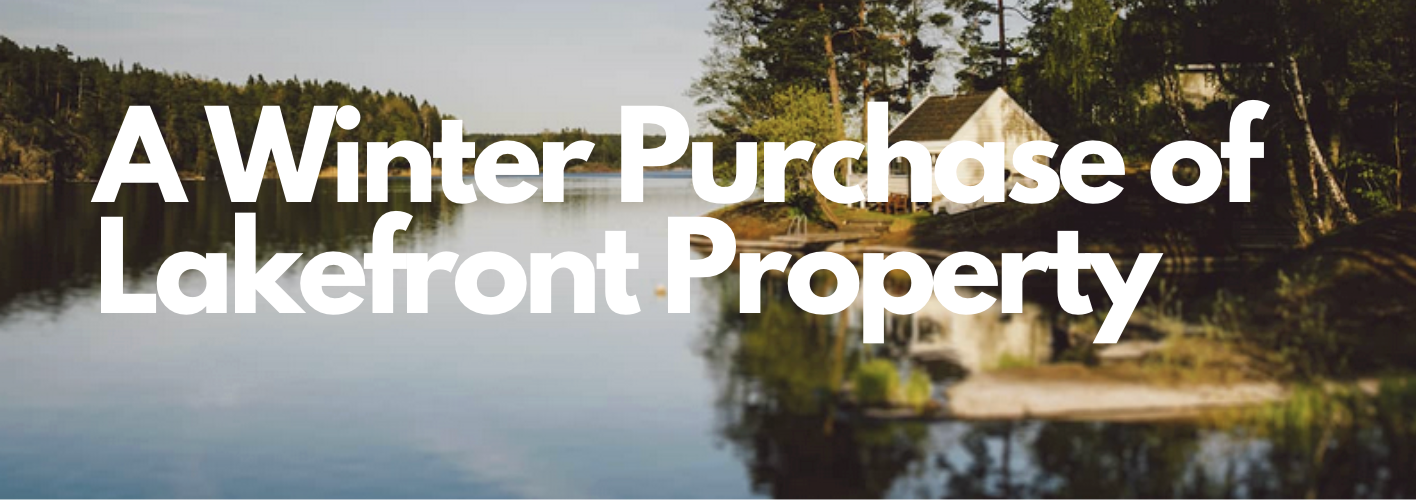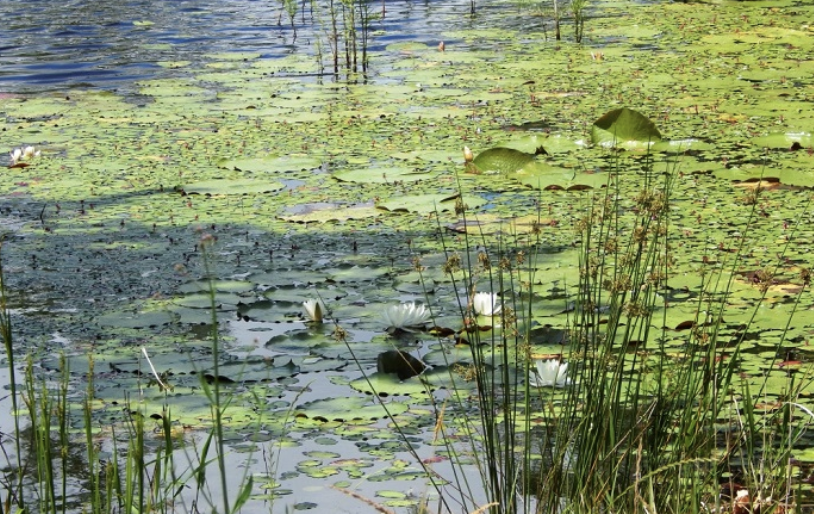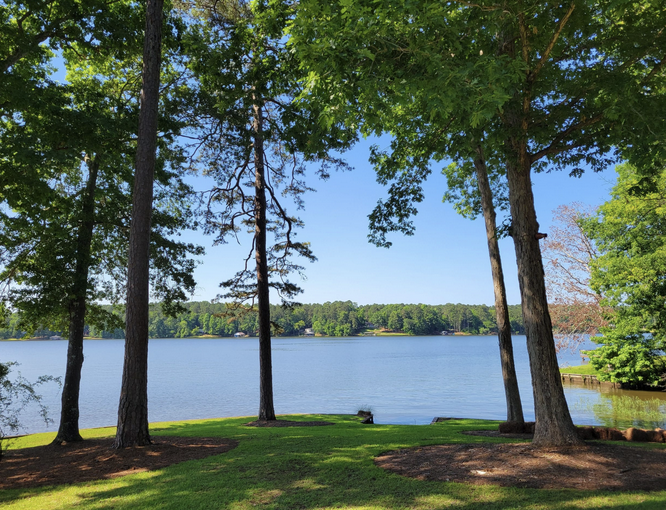
The allure of a lake house is undeniable, offering the perfect blend of tranquility and recreation. While a winter purchase of lakefront property is an exciting endeavor, doing so in the winter presents unique considerations that can significantly impact your investment. From shoreline conditions to zoning regulations, here’s a comprehensive guide on what to look out for when buying a lake house during the colder months.
Shoreline Conditions
Winter can be harsh on lake shorelines, with freezing temperatures and ice formation posing potential risks. Before finalizing your decision, inspect the shoreline for signs of erosion, ice damage, or structural issues. Check if any retaining walls or protective barriers are in good condition, as they play a crucial role in safeguarding your property against the elements.
Aquatic Weeds and Winter Maintenance
While aquatic weeds may not be as visibly active in the winter, their presence can impact water quality and recreational activities come spring and summer. Investigate the lake’s weed management practices, as well as any applicable regulations. Additionally, inquire about the winter maintenance routine, such as ice removal, to ensure smooth navigation and prevent potential damage to docks or boat lifts.

Recreation Opportunities
One of the primary reasons for purchasing a lake house is the opportunity for water-based recreation. However, winter conditions can drastically alter the recreational landscape. Research the availability of winter activities such as ice fishing, snowmobiling, or skiing, depending on your preferences. A lake that offers diverse recreational options throughout the year adds value to your investment.
Zoning and Covenants
Understanding local zoning regulations and property covenants is crucial when buying any real estate, and lake houses are no exception. Zoning regulations can affect the type of structures allowed, setback requirements, and potential future developments around the lake. Property covenants may dictate specific rules for the use of your lakefront property, including restrictions on exterior modifications and the use of watercraft.
Shade from Trees
The picturesque setting of a lake house often includes the surrounding natural landscape. While trees contribute to the aesthetic appeal, they can also impact the amount of sunlight your property receives. During the winter months, when sunlight is precious, evaluate the position of trees concerning your potential lake house. This consideration becomes especially important if you plan on having a garden, outdoor seating areas, or if you simply want to enjoy maximum natural light indoors.

Compass Orientation
The orientation of your lake house concerning the cardinal directions can significantly influence your overall experience. Consider how the house is positioned in relation to the sun’s path during different seasons. A south-facing property might receive more sunlight during the winter, contributing to a warmer and more comfortable living environment. Conversely, a north-facing property may experience cooler temperatures and less direct sunlight.
Boat Traffic and Access
Lake houses are often associated with the joy of boating. In the winter, it’s essential to assess how boat traffic may impact your property. Some lakes may have restrictions on boating during the colder months, affecting your ability to access the water. Additionally, inquire about boat storage options and whether the lake allows for year-round boat mooring or if winter storage is necessary.
Conclusion
A winter purchase of a lakefront home involves a careful consideration of various factors to ensure that your dream property aligns with both your current needs and future plans. From assessing shoreline conditions to understanding zoning regulations and evaluating the orientation of the property, each detail plays a vital role in making an informed decision. By taking the time to explore these aspects, you can embark on your lakefront journey with confidence, knowing that your winter purchase will provide year-round enjoyment for years to come.
For more information about purchasing a lakefront home, please visit one of our recent blogs on “The #1 Tip When Buying Lakefront Property: Talk to 3 Neighboring Homeowners” to help with your purchase decisions.
Posted by Scott Freerksen “The Lake Guy”
